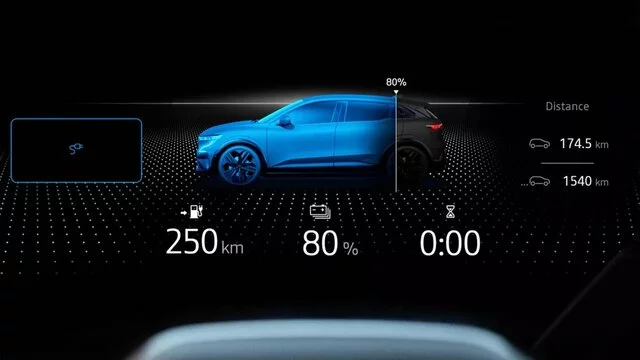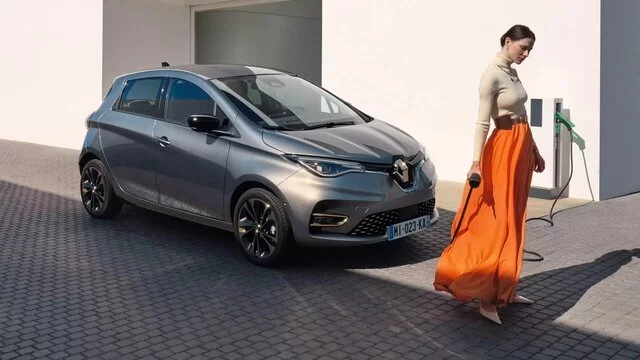THE ADVANTAGES OF A 100% ELECTRIC RENAULT E-TECH ELECTRIC VEHICLE
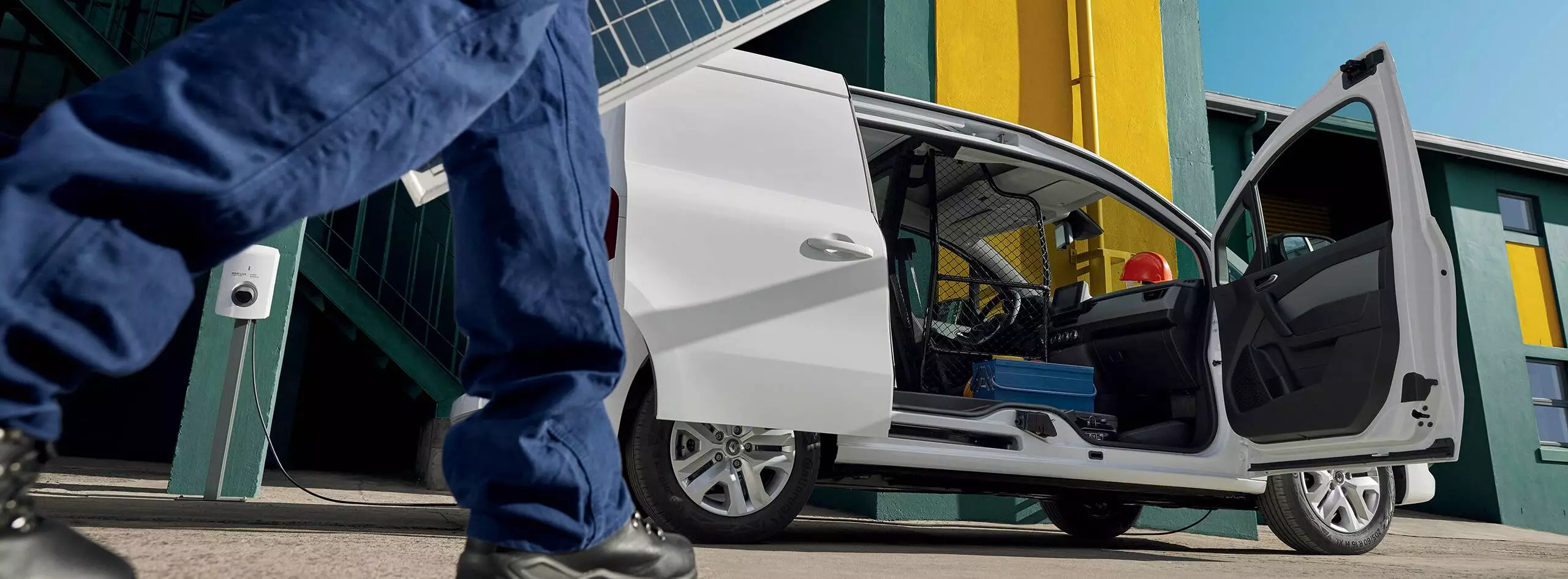
home charging
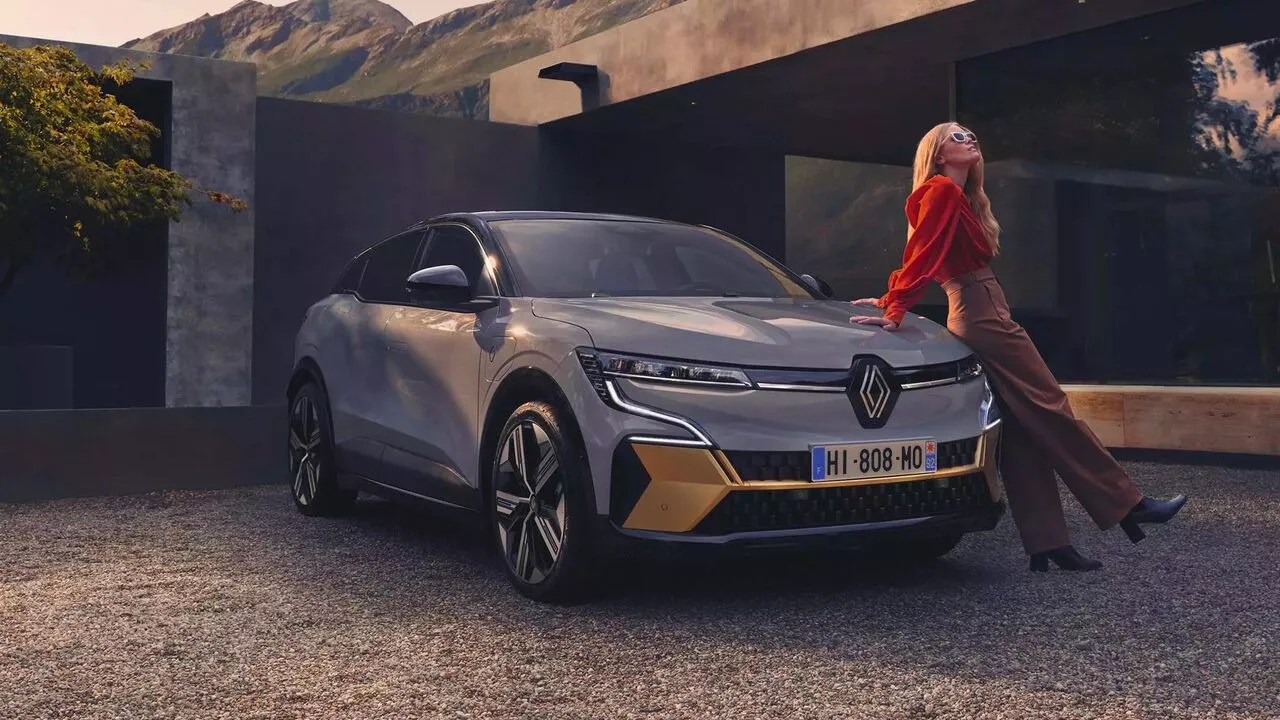
Do you live in individual accommodation?
Mobilize power solutions supports you in your home charging solution installation project. Order your charging solution at the dealership at the same time as your new 100% electric Renault E‑Tech.
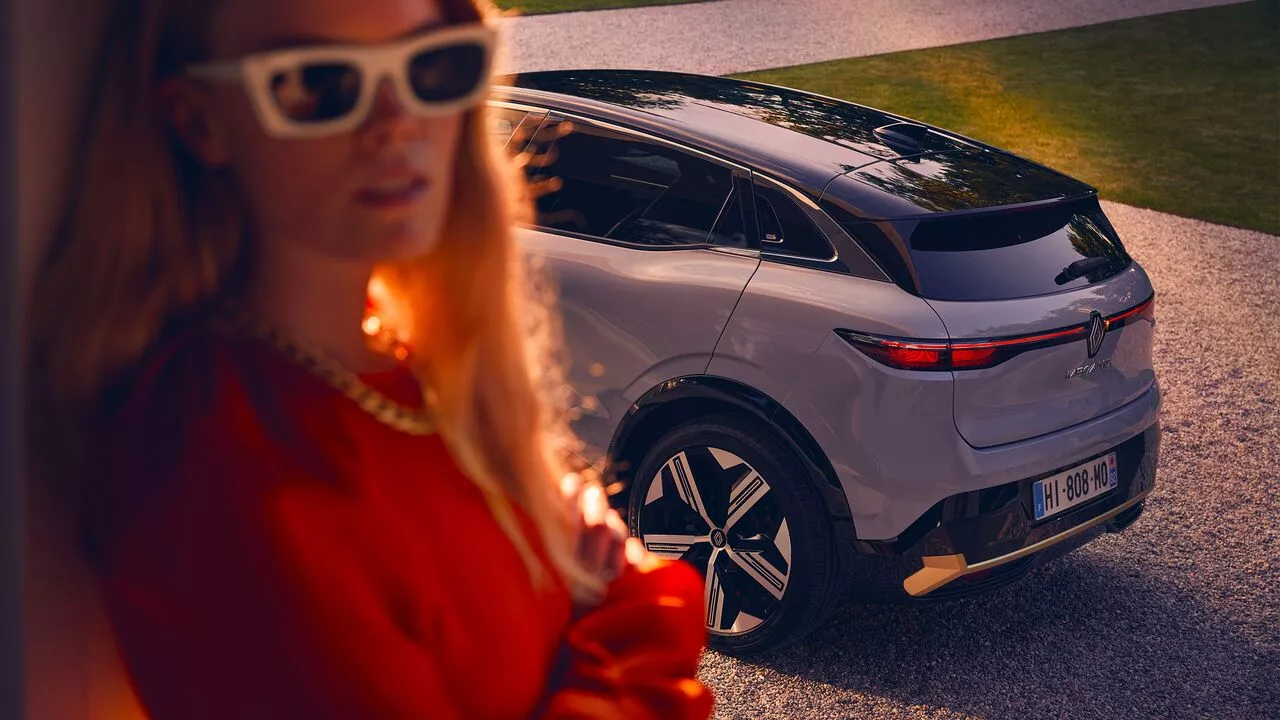
do you live in a co-ownership?
Discover the co-ownership installation offers from our partner ZEBorne. He takes care of everything! He files your file with your trustee. He installs your terminal. It sends you details of your electricity consumption.
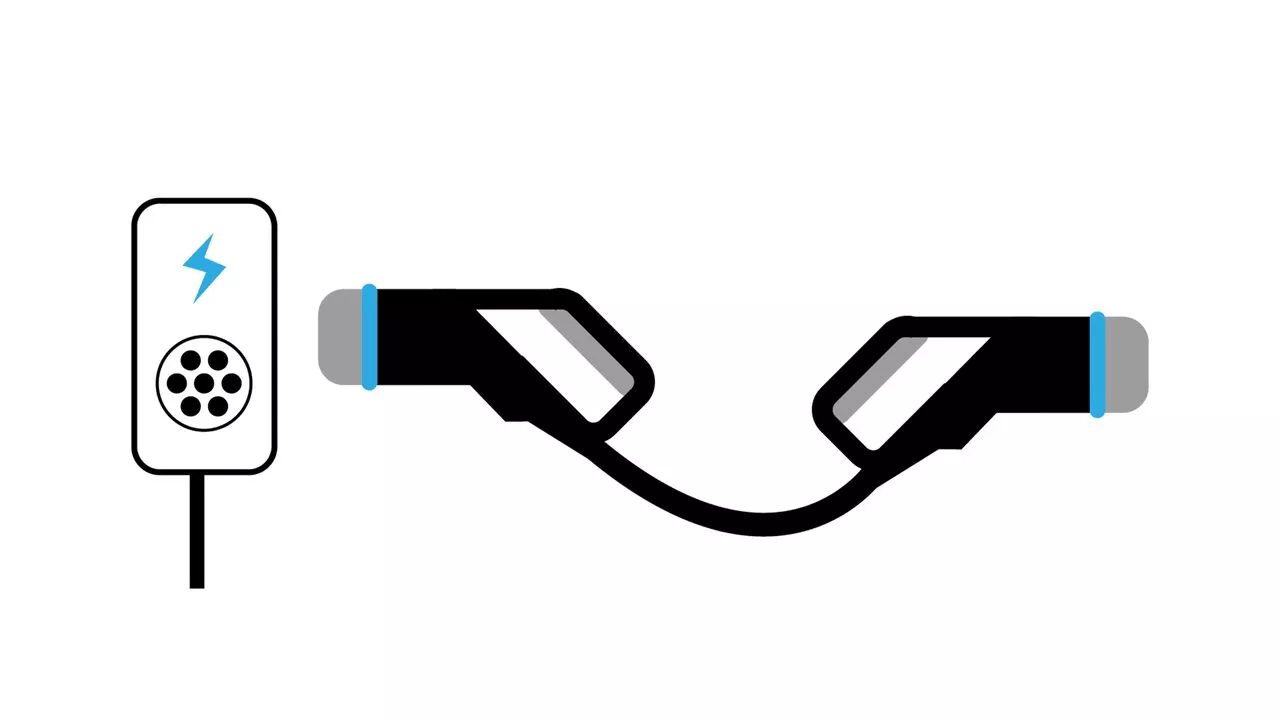
charging on a 7 kW or 11 kW AC terminal
Ideal for use during a medium-term stop, recover 100km in approximately 2h30 on a 7.4 kW terminal.
It is specifically designed for this use and allows you to recharge more quickly.
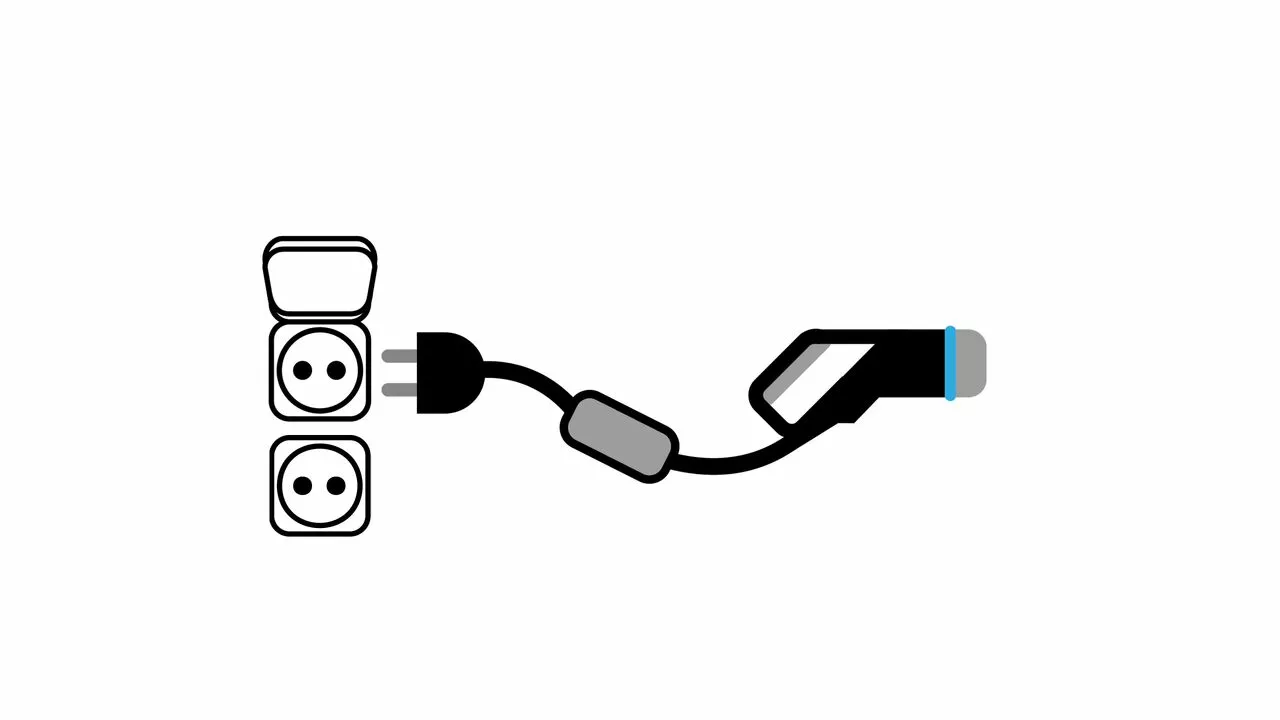
recharge with a reinforced or standard socket
- get up to 100 km of WLTP range in 7 hours on standard socket;
- recover up to 220 km of WLTP autonomy in around 10 hours on a reinforced socket;
- if you do not have dedicated equipment available, the reinforced socket is designed to safely deliver up to 3.7 kW (16A);
- last possibility, a standard socket to be used occasionally because it is the slowest option with a power of 2.3 kW (10A).

domestic or public charging cable
This dedicated charging cable allows you to only charge your electric vehicle at a dedicated charging station with a power between 7 kW and 22 kW. For example with a Wallbox with the Mobilize power solutions offer or on public terminals.
Ideal for use during a medium-term shutdown (1 hour to 3 hours) with permanent monitoring of the charge carried out by the terminal.

domestic socket charging cable
Used occasionally, this cable allows you to recharge your vehicle on conventional household sockets in the absence of another faster charging method or on reinforced 16A sockets at your home for moderate charging needs.
It ensures control and security of the load thanks to its directly integrated communication box.
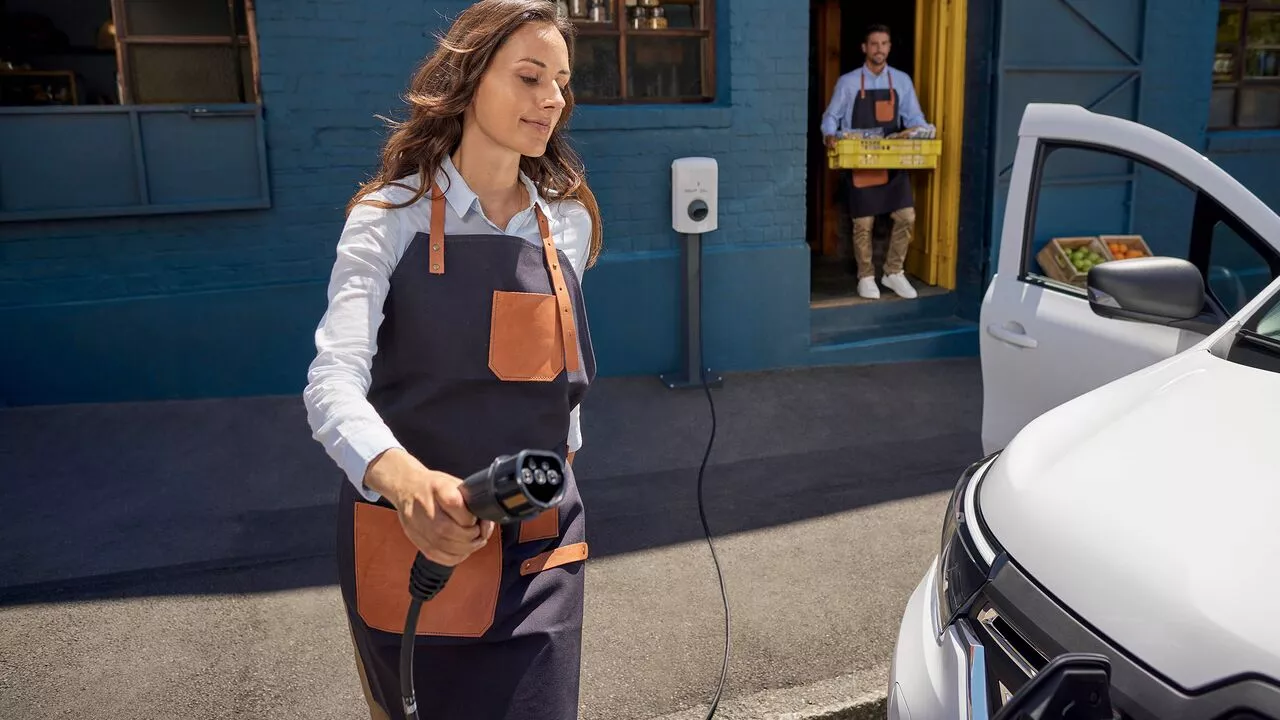
Charging an electric vehicle is more economical than refueling a thermal car.
For example, on a 100% electric Renault Megane E-Tech, the average cost of charging for 100 km is estimated at around €4 when done at home.
At home, take advantage of off-peak rates and reduce your charging costs. Download the Mobilize smart charge app to enjoy smart charging at home.
charging on the go
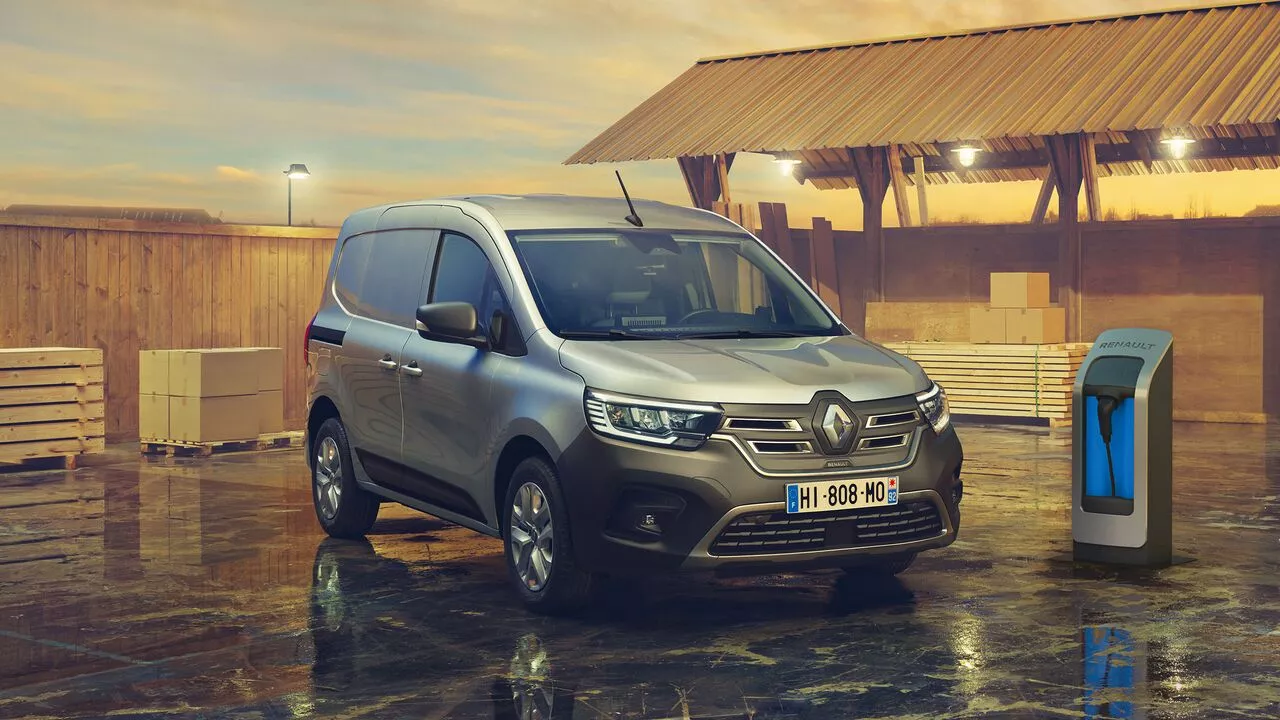
charge your electric vehicle on the go
Many shopping centers or public parking lots offer specific locations with terminals so you can recharge your electric vehicle. This service, apart from the cost of parking, is often free.
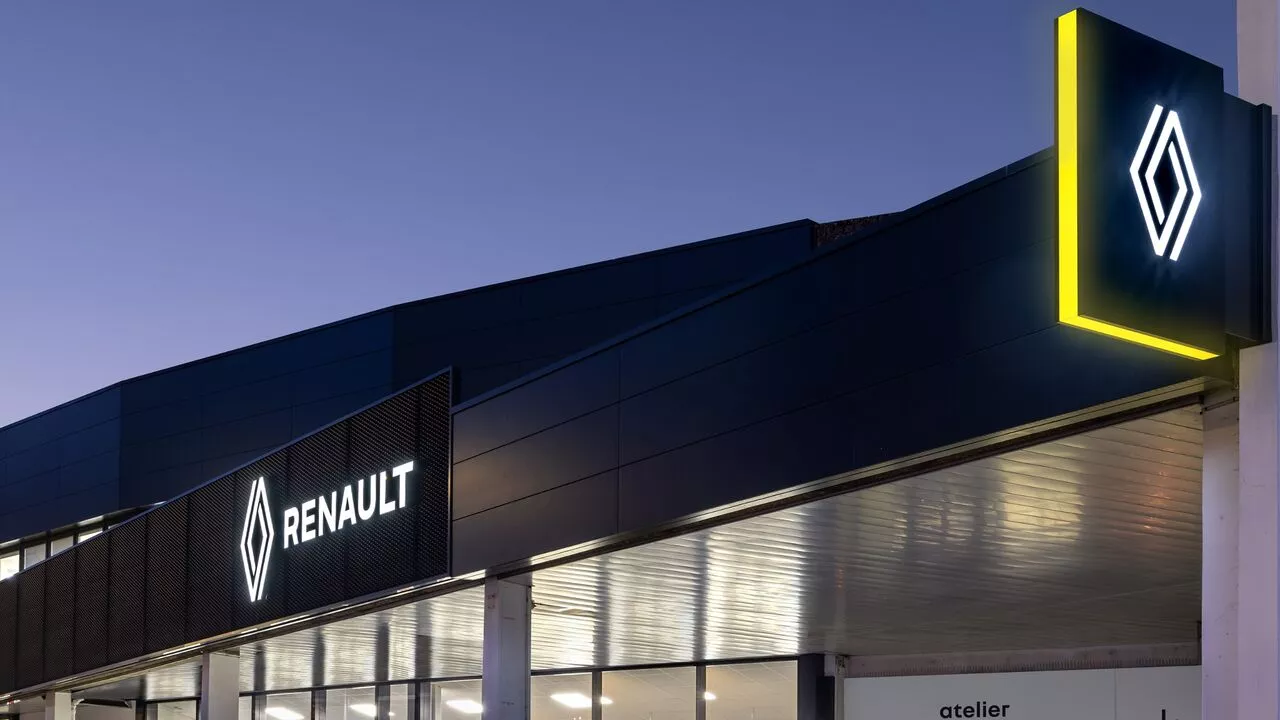
recharge in our dealerships
With more than 400 Renault dealerships equipped with charging stations in France, access the accelerated charging mode to recharge up to 80% of your battery in 1h30.
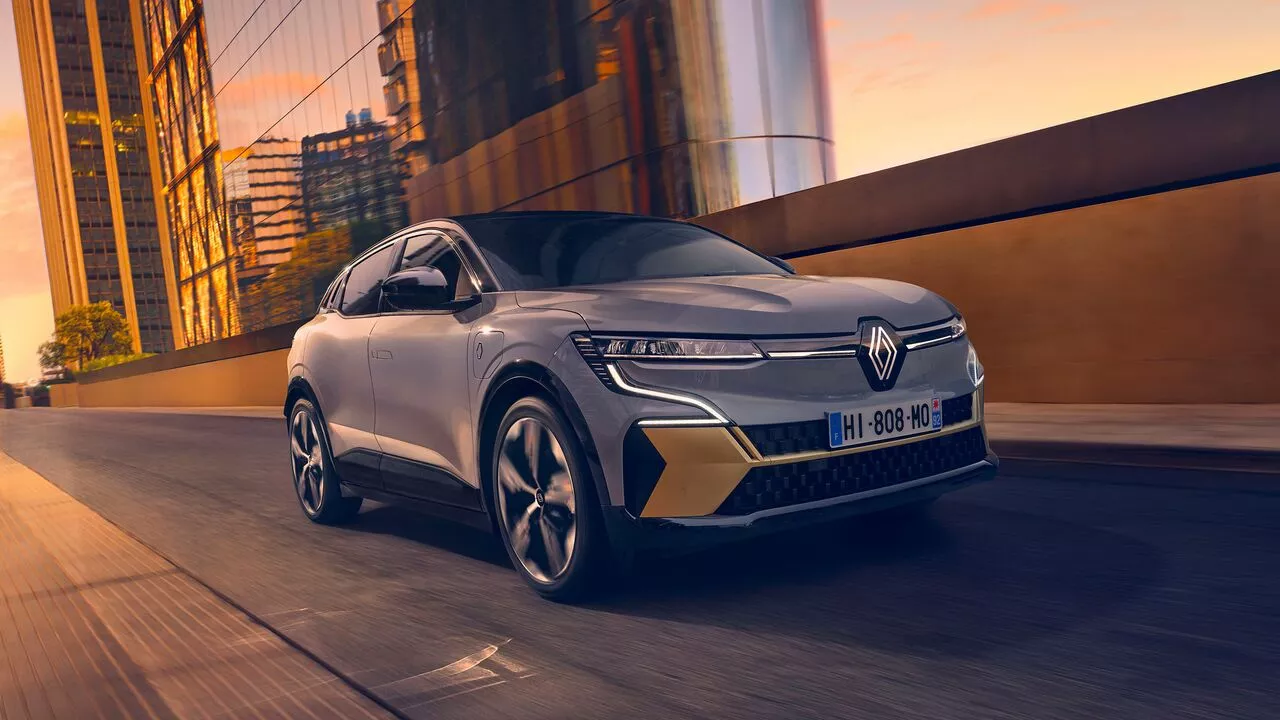
fast highway charging
Numerous charging points are available on the French motorway network, including nearly 600 terminals from our partner Ionity, and offer the possibility of rapid charging in order to optimize charging time during long journeys.

public terminal charging cable up to 22 kW
The charging cable supplied as standard with your vehicle is versatile: it offers you the opportunity to recharge your vehicle on public and private terminals up to 22 kW.
Public terminals are present everywhere and continue to develop: shopping centers, city centers, offices, parking lots, etc.
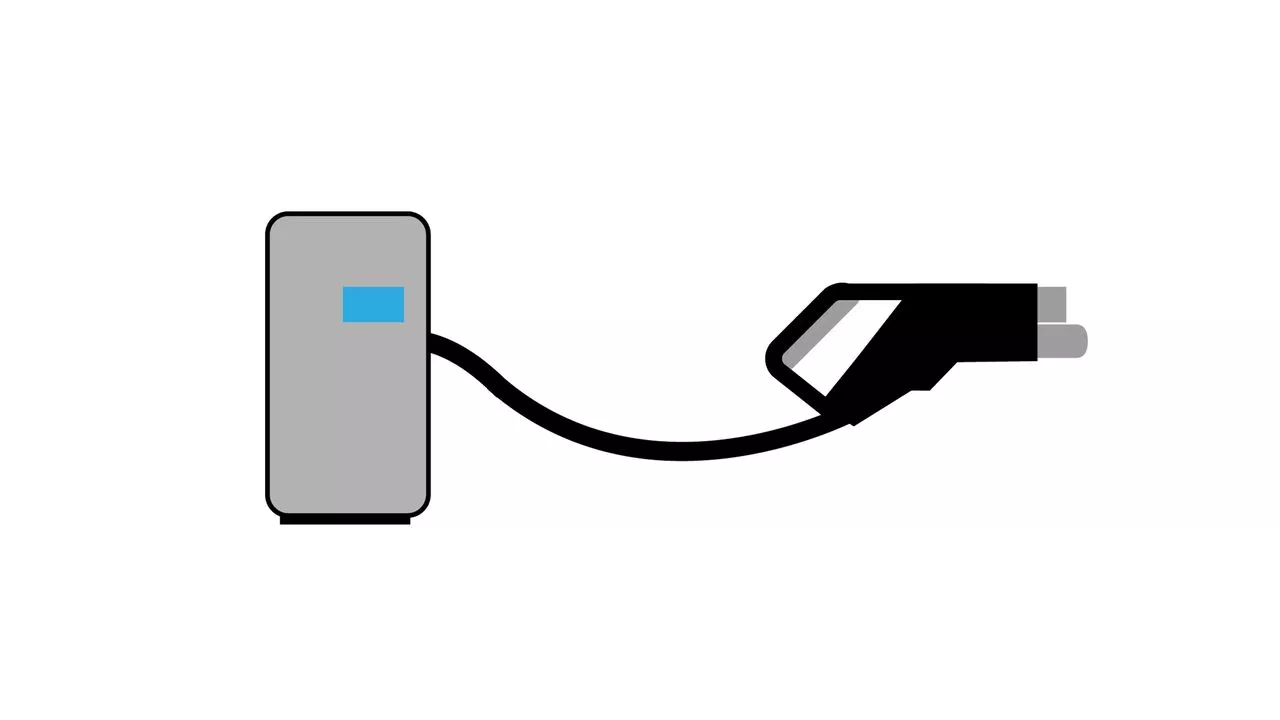
cable and ultra-fast DC charging station from 50 kW
The cables are directly integrated into the terminal , all you have to do is validate your recharge and plug in your vehicle to regain autonomy very quickly. In this specific case, the connection end differs from the other cables. Everything is compatible and recognized by your electric car. With Megane E-Tech 100% electric, recover 300 km WLTP in 30 minutes or 200 km of real range on the motorway *.

Mobilize charge pass
With Mobilize charge pass, instantly find the nearest available public terminal, within the largest charging network in Europe.

My Renault app
Plan your trips according to the necessary charges and control your electric vehicle remotely by programming the battery charge.
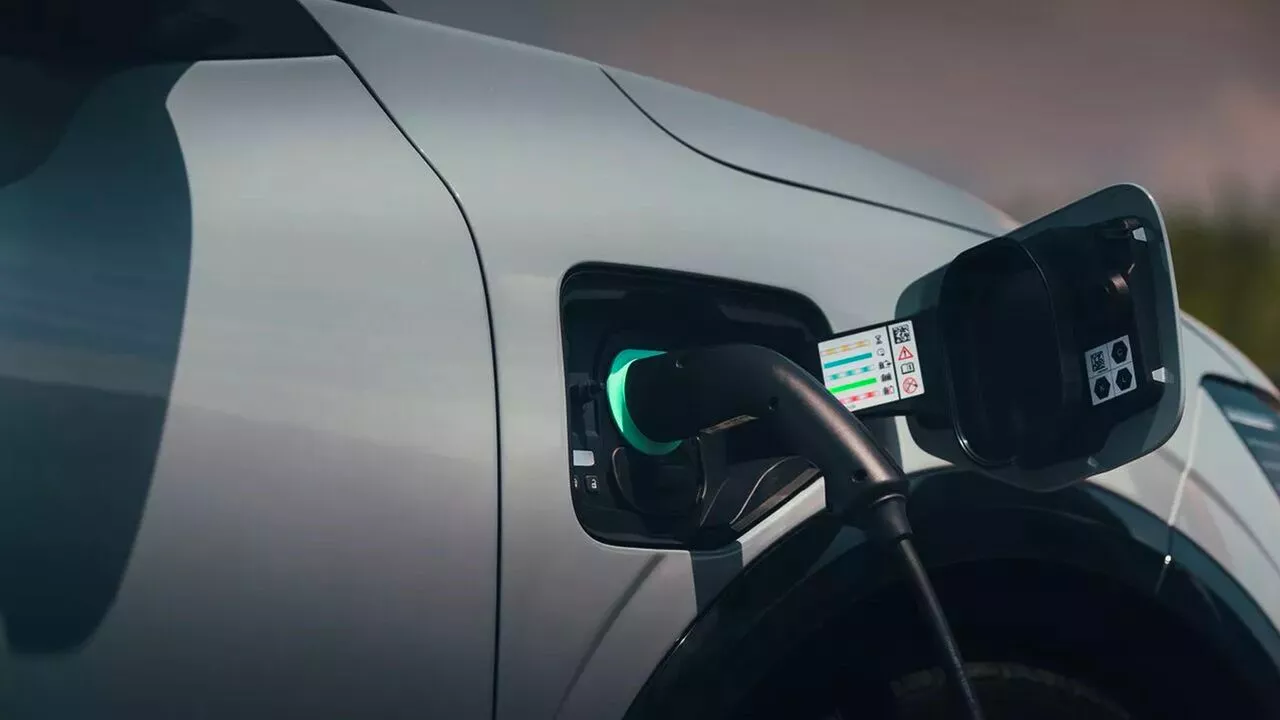
When you are traveling, it is advisable to recharge your electric car at a public terminal. The cost of recharging varies depending on the operator; Billing can be done in different ways: by kWh consumed, by time spent or both at the same time.
On average, the cost of recharging is estimated at around €0.5 per kWh.
Facilitate charging and payment on a network of public terminals in France and Europe with the Mobilize charge pass.
good charging practices for a long-lasting battery
Discover the Renault range
Charging is an important part of everyday life in 100% electric.
There are tips to make it more practical, more economical and greener.
Schedule your charge at a specific time to take advantage of off-peak rates.
Remotely check that your vehicle is charging or has finished charging.
Choose a daily recharge between 15% and 80% maximum to optimize it.
Only aim for 100% before your big trips.
If you plan to have intermediate downtime, choose an accelerated charging station. It will cost you less.
Optimize your electric vehicle journeys with the route planner integrated into Google Maps*.
If you enter a destination for which the battery charge level is insufficient, your vehicle will automatically offer a choice of available charging points along the route and offer the best combination (target charging percentage at each stop) to arrive at your destination as soon as possible.
As you approach the charging station planned in Google Maps of your openR link, your vehicle preheats your battery in order to recharge it as quickly as possible. You save time and money.
* depending on models and versions.
the charging times of our vehicles
| installation type | charging power | cable to use | recharge time | ||||||
|---|---|---|---|---|---|---|---|---|---|
| 40 kWh battery | 60 kWh battery | ||||||||
| 50km | 150 km | 300 km | 50km | 250 km | 450 km | 470 km | |||
| home charging station (1) | 7.4kW | mode 3 cable included with purchase | 1:10 a.m. | 3:15 a.m. | 6:30 a.m. | 1 hour | 5 a.m. | 9:15 a.m. | 9:15 a.m. |
| Green'Up domestic socket | 3.7kW | standard mode 2 cable or flexi-charger as accessories | 2:15 a.m. | 6:15 a.m. | 12:15 p.m. | 2 hours | 10 a.m. | 6 p.m. | 6 p.m. |
| standard household socket (2) | 2.3kW | mode 2 flexi-charger cable in accessories | 3:40 a.m. | 10:35 a.m. | 9 p.m. | 3:20 a.m. | 5 p.m. | 30:30 | 30:30 |
| public fast charging station | 130kW | cable attached to the terminal | N / A | N / A | N / A | 7 mins | 25 mins | 1:15 a.m. | 1:15 a.m. |
| public charging station | 22kW | mode 3 cable included with purchase | 30 mins | 1:10 a.m. | 2:20 a.m. | 20 mins | 1h30 | 3:15 a.m. | 3:15 a.m. |
your questions about the charging
There are 2 forms of electric current: AC and DC.
Conventional charging stations (domestic and public) offer AC type current known as alternating current.
Fast charging stations, which can be found on motorways, offer DC type current known as direct current.
The battery of an electric vehicle works with DC current, the vehicle charger therefore converts from AC to DC itself when your car is plugged into a so-called conventional terminal.
Like most electrical devices you have at home, an electric car is charged from the mains using a cable.
Supplied with the car, this cable can therefore be connected at your home to a domestic charging station or to a so-called public terminal. With an optional cable, you can charge from an electrical outlet.
The technical side:
- the domestic terminal must be 7.4 kW AC single-phase or 11 kW AC three-phase;
- suitable cables are called type 2 cables or Flexicharger (for the case of a reinforced domestic socket).
Practical advice:
- On a daily basis we advise you to recharge your vehicle up to 80% to optimize charging time and improve battery longevity. Only plan to recharge to 100% before your long trips to ensure maximum range on the road;
- travel more peacefully with the Mobilize charge pass, it gives access to the best European charging network.
The frequency of charging an electric car depends on several factors.
Factor #1 : the model of the car.
Each model is different and battery life may therefore vary. Renault electric vehicles have been designed to offer a range adapted to each use and of up to 470 km WLTP standard.
Factor #2: usage.
The type of road, driving style, traffic and weather conditions (temperatures) all influence energy consumption.
These factors make it not possible to suggest a “general” charging frequency.
However, some practical advice:
- refer to the instructions provided on the dashboard;
- for daily use we recommend that you avoid going below the 15% threshold and not recharge above 80% battery; reserve your charges at 100% only before a long journey;
- prefer home charging during off-peak hours to consume cheaper electricity (off-peak hours available by contacting your electricity supplier) or use the Mobilize smart charge application.
The maximum charging power admissible by your electric vehicle changes depending on the state of the battery charge (%) as well as its temperature (°C).
If the temperature of the Lithium-ion battery is too low, the battery management system will occasionally limit charging performance to ensure the safety of the components. This protection will therefore extend the time required for a charge; mainly on ultra-fast DC terminals in winter.
To correct this phenomenon, Renault offers (depending on models and versions) a battery pre-heating (or pre-conditioning) system in order to optimize the charging power and therefore the recharging time.
